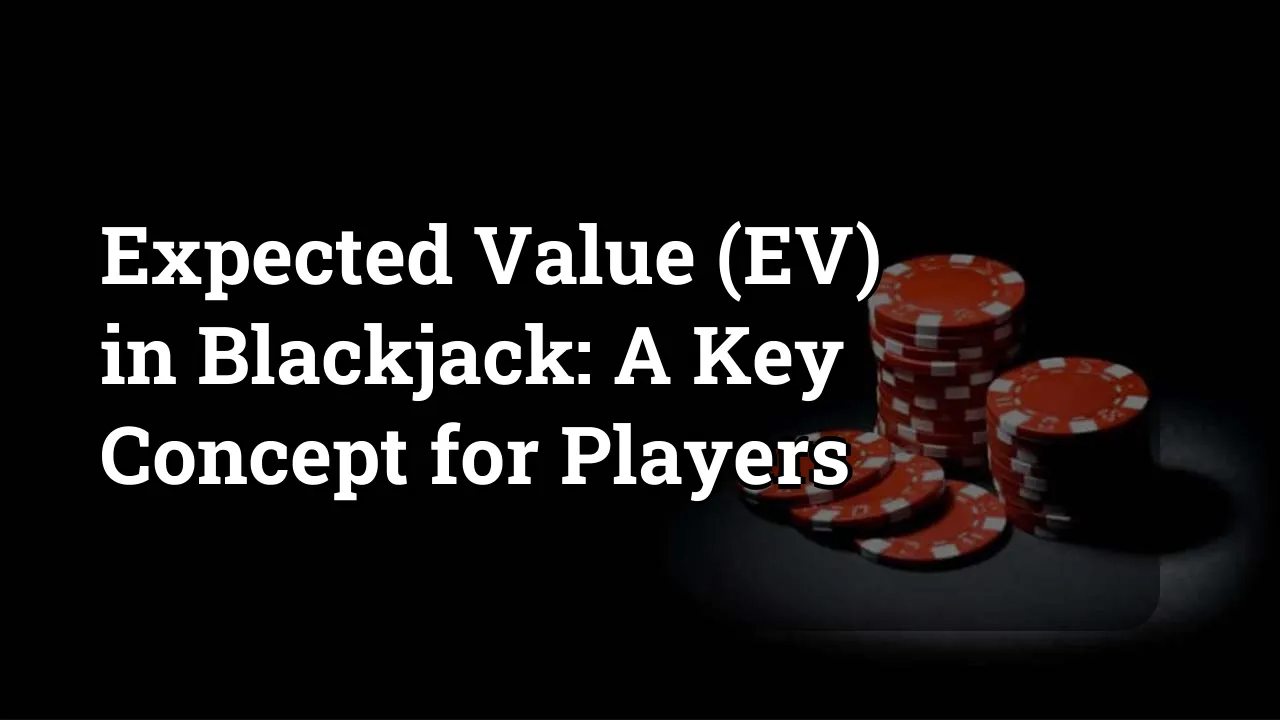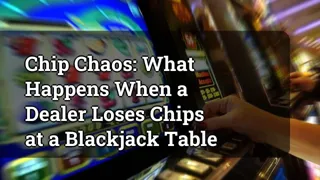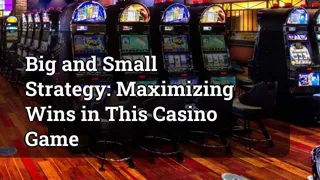Expected Value (EV) in Blackjack: A Key Concept for Players

When it comes to playing blackjack, understanding the concept of Expected Value (EV) is crucial for making informed decisions and maximizing your chances of winning. EV is a mathematical calculation that represents the average amount of money a player can expect to win or lose on each bet in the long run. By understanding how EV works, players can make strategic decisions that will ultimately lead to more profitable outcomes.
What does EV mean in blackjack?
In blackjack, EV is a measure of the average outcome of a particular decision or bet. It takes into account the probability of each possible outcome and the associated payouts or losses. The EV of a specific decision or bet can be positive, negative, or zero.
A positive EV indicates that, on average, a player can expect to win money over the long run. This means that making this particular decision or bet repeatedly will be profitable in the long term. A negative EV, on the other hand, suggests that the decision or bet will result in a loss over time. And a zero EV implies that the decision or bet will break even in the long run.
For example, let's consider the decision to hit or stand in a specific blackjack hand. If the player's hand has a total value of 16 and the dealer's upcard is a 6, the player faces a difficult decision. The EV of hitting or standing will depend on the probabilities of improving the hand and the associated payouts or losses.
If the player decides to hit, the EV will be negative because there is a high probability of busting (exceeding a hand value of 21) and losing the bet. On the other hand, if the player decides to stand, the EV will be positive because there is a high probability of the dealer busting due to the unfavorable upcard. By understanding the EV of each decision, players can make the most optimal choice that offers the highest expected value.
Using EV to make strategic decisions
Understanding EV allows players to make strategic decisions based on the long-term profitability of each option. By calculating the EV of different decisions, players can identify the most advantageous choices that will increase their chances of winning over time.
It's important to note that EV is a theoretical concept that applies to the long run. In the short term, luck and variance can have a significant impact on actual outcomes. However, over a large number of hands, the influence of luck diminishes, and the expected value becomes more accurate.
Professional blackjack players often use EV calculations to determine the optimal strategy for each hand. They analyze the probabilities of different outcomes and make decisions that maximize their expected value. By doing so, they reduce the house edge and increase their overall chances of winning.
Conclusion
Expected Value (EV) is a fundamental concept in blackjack that helps players make informed decisions based on the average outcome of each bet or decision. By understanding the EV of different choices, players can strategically increase their chances of winning in the long run. While luck plays a role in the short term, focusing on EV allows players to adopt a more calculated approach to the game and potentially enhance their overall profitability.











